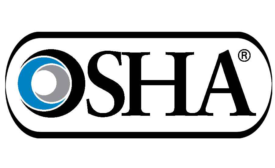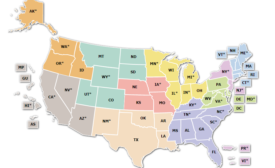Government Safety Regulations
Health policy legislation shifts to the states
The U.S. lags behind competing nations. Where there is no critical mass for action, states are filling the void.
May 13, 2019
A FairWarning Story
Worker advocates burned up over lack of federal heat protections
May 10, 2019
Company illegally fired employees after amputation
Co-workers who cooperated with OSHA terminated
May 9, 2019
Never miss the latest news and trends driving the safety industry
eNewsletter | Website | eMagazine
JOIN TODAYCopyright ©2024. All Rights Reserved BNP Media.
Design, CMS, Hosting & Web Development :: ePublishing










